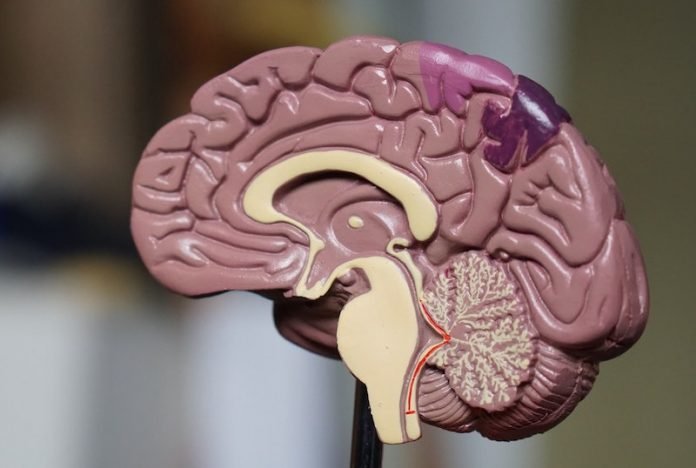
As our brains age, small lesions begin to pop up in the bundles of white matter that carry messages between our neurons.
The lesions can damage this white matter and lead to cognitive deficits.
In a new study from the Stevens Institute of Technology, researchers not only provide an explanation for the location of these lesions but also how they develop in the first place.
The team says the brain is susceptible to wear and tear in vulnerable areas.
These lesions—known as deep and periventricular white matter hyperintensities because they show up as bright white patches on MRI scans—are poorly understood.
But they are not uncommon: most people have some by the time they reach their 60s, and changes only increase with age.
The more lesions that accumulate and the faster they grow, the more prone we become to cognitive impairments ranging from memory problems to motor disorders.
In the study, the team used MRI scans from eight healthy people to develop an individualized computer model of each person’s brain.
They found that hyperintensities tend to occur near areas that must stretch more to accommodate pressure changes of the circulating CSF because, as such areas wear thin, CSF can leak into the brain and cause lesions.
The model provides a simple, physics-based explanation for the locations of these lesions, revealing that mechanical loads must be a major contributor to the onset of disease.
In the long term, the team’s findings might enable the development of new treatments for lesions.
Ordinarily, pharmaceutical treatments struggle to cross the blood-brain barrier and reach affected areas, but the new research suggests that it might be possible to channel drugs to lesions directly through leaks in the ventricular wall.
If you care about brain health, please read studies about mental health drug that may harm your brain health, and findings of two common habits that can make your brain age fast.
For more information about health, please see recent studies about best foods for brain health,
and results showing that people with depression lack this stuff in the brain to fight chronic stress.
The study is published in Scientific Reports. One author of the study is Johannes Weickenmeier.
Copyright © 2021 Knowridge Science Report. All rights reserved.



